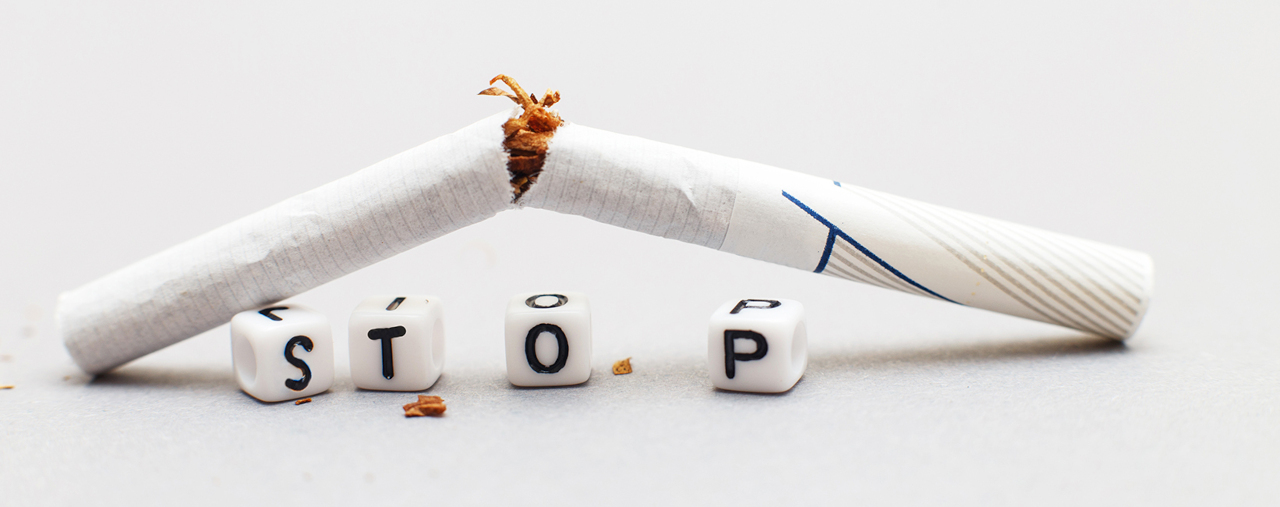
Gratitude: Scientific Proof it Helps the Mind and Body
Many shrug gratitude off and usually see it as something we should probably do more often but don’t. What we truly don’t realize is there are many health benefits to gratitude and that, in fact, there is scientific proof to back it up.
All it takes is a small gesture of gratitude each day to bring happiness into our lives, not realizing that overall, the small moments really are big ones.
Proof that Gratitude Boosts Happiness & Health
Expressing gratitude to others and ourselves stimulates positive emotions (primarily happiness), thus producing pleasure and contentment and influencing our overall health and well-being.
Robert Holden, British psychologist and wellness expert, did a survey on gratitude in adult professionals and found that 65 out of 100 people selected happiness over health, though saying both were equally important for a good life.
The origins of many psychopathological conditions like depression, anxiety, and stress are unhappiness, Holden suggests in his study.
In the past few decades, positive psychology and mental health researchers have proven a vast connection between gratitude and good health. There is a positive link to gratitude and being more vital, energetic, and enthusiastic to work harder.
The Neuroscience Behind Gratitude
Did you know that gratitude was a major aspect in ancient philosophies and cultures? In the Roman culture, Cicero mentions gratitude as the “mother” of all human feelings. Up until the last two decades it was a rare subject as an area of neuropsychological research.
Studies have proven that moral judgments involving feelings of gratefulness are induced in the right anterior temporal cortex, at the brain level. These same studies reveal the reason why some of us are more grateful than others are the neurochemical differences at the central nervous system. Those with a higher level of grey matter in the right inferior temporal gyrus express and feel gratitude.
Gratitude has been noted as a “natural antidepressant” by Emily Fletcher, founder of Ziva, a well-known meditation training site. When we express and receive gratitude, our brain releases dopamine and serotonin, our “feel good” neurotransmitters. Immediately our mood is enhanced, and we feel happy.
What Gratitude Does
- Releases toxic emotions
The part of the brain which manages all emotional experiences is the limbic system, consisting of the thalamus, hypothalamus, amygdala, hippocampus, and cingulate gyrus. Studies show that gratitude activates the hippocampus and amygdala, the two main locations that regulate emotions, memory, and bodily functioning.
- Reduces pain
A study done on assessing the effect of gratitude on physical well-being, called Counting Blessings vs Burdens (2003), revealed 16% of the patients who kept a gratitude journal described reduced pain symptoms and were more willing to cooperate with the treatment procedure.
- Improves sleep quality
Studies have shown simple acts of kindness activates the hypothalamus which regulates all bodily mechanisms, sleep being a vital one. The hypothalamic regulation triggered by gratitude helps to get a deeper and healthier sleep naturally. Those who regularly practice gratitude and kindness are more likely to sleep better and wake up more refreshed and energetic.
- Aids in stress regulation
In a study on gratitude and appreciation, McCraty and colleagues (1998) found that participants who felt grateful showed a reduced level of cortisol, the stress hormone, had better cardiac functioning and were stronger to emotional setbacks and negative experiences.
Over the years, studies have proved that by practicing gratitude we are able to manage stress better than others. We can rewire the brain, with acknowledging and appreciating the trivial things, to deal with present situations with a greater awareness and clearer sense.
- Reduces anxiety and depression
This goes in hand with reducing stress. By reducing the stress hormones and managing the autonomic nervous system functions, gratitude minimizes depression and anxiety symptoms considerably. An increase in the neural modulation of the prefrontal cortex, an area of the brain responsible for negative emotions like guilt, shame, and violence, is associated with feelings of gratitude at the neurochemical level.
Gratitude Home Practice
Gratitude builds emotional strength by:
- Helping to see positive
- Fighting negative feelings and rebuild pessimistic thoughts with optimistic ones
- Stay grounded and accept the present, even if a harsh reality
- Find and focus on solutions
- Regulate metabolic function and control hormonal imbalances
- Sustain relationships and appreciate those who are there for us
All resulting in feeling more loved, cared for, and more hopeful.
What You Can Do at Home
Meditation and Breath Control
Gratitude practice with a brisk mediation and breath control helps to feel more relaxed and connected to yourself. Deep breathing and constant focus let the mind settle down and gather.
Create a Gratitude List
Like a gratitude journal, the list lets you come face-to-face with your blessings. Digitally or with a pen and paper make a list of all the people who offered their support when you needed them most. While writing, think of those days they helped you and feel the thankfulness in your heart. When you are finished your list take a moment to look at it then put it down and go about your day.
Gratitude Notes
When you finish your gratitude list, start writing small thank you notes to each of those on your list. They can be as short or long as you like but be sure you are sincere in your feelings as you write. Send your messages to these people, whether it be as a handwritten note, text message or email, as long as they receive them, without expectation of a reply.
Reminiscence Meditation
- Start with a few breaths sitting back.
- As you start to feel more relaxed, start recalling a painful memory.
- Close your eyes and take yourself back to those days, thinking of the struggle at that time.
- Slowly move your attention back to the present.
- Think of all the things you never thought you could get after that painful memory
- Take a moment to celebrate your accomplishments.
- Stay there for a moment, then slowly open your eyes.
Take note of how grateful and appreciative you feel of being in the present. The time travel with this meditation instantly exposes us to determination, feeling more confident in ourselves, and gaining strength to overcome stress.
If we acknowledge and appreciate what we have, gratitude can give us safekeeping of our own lives. It is about bringing the feeling of control back linked with self-discipline and motivation.
If you need some extra support in your gratitude journey, hypnotherapy sessions with Healing Soul Hypnosis can help if you are struggling. Give me a call if you have any questions about hypnotherapy for gratitude, or if you would like to book a session with me.
Creative Commons Attribution: Permission is granted to repost this article in its entirety with credit to Healing Soul Hypnosis and a clickable link back to this page.










